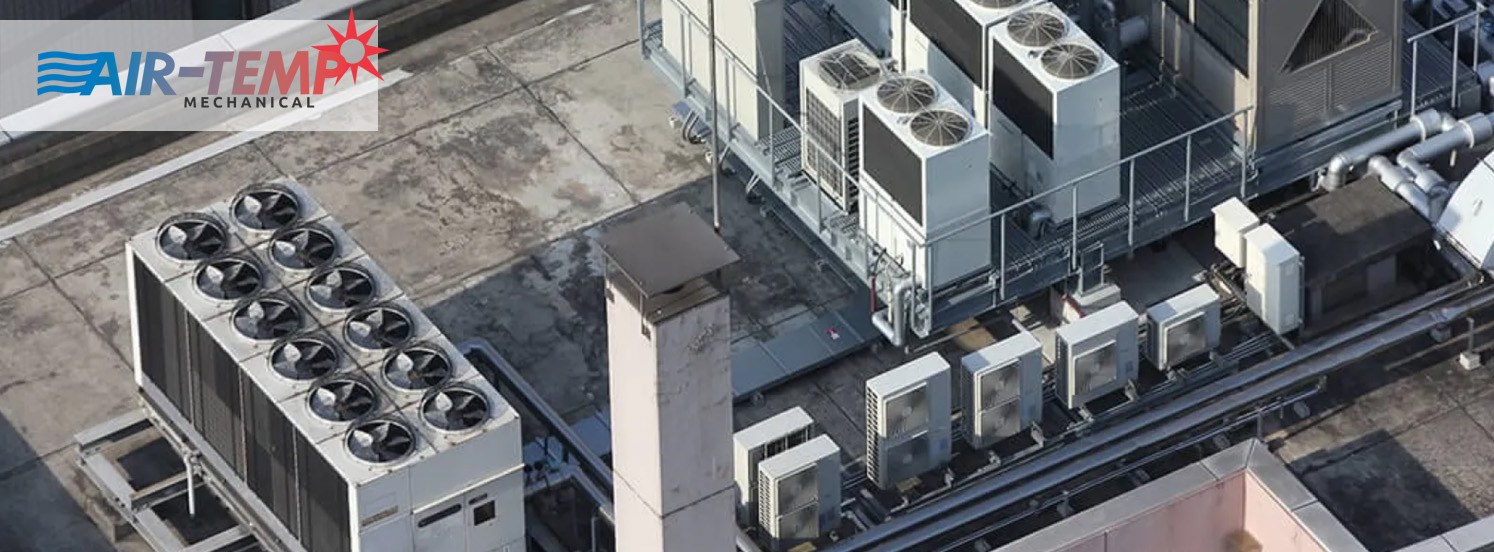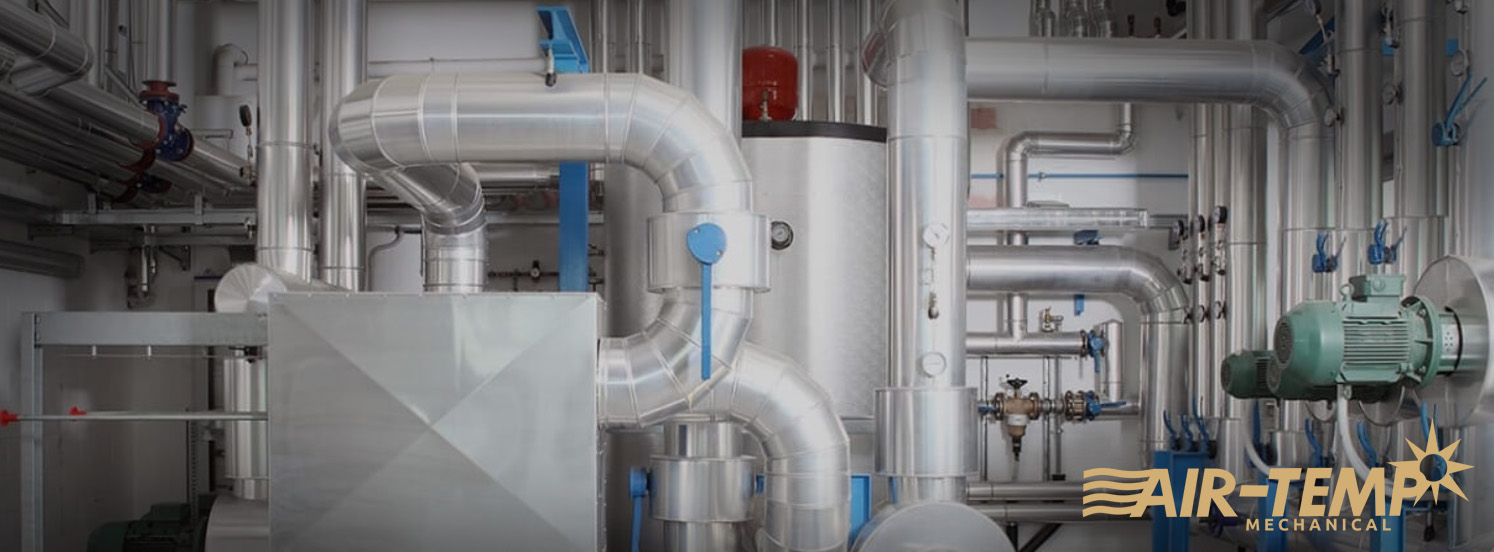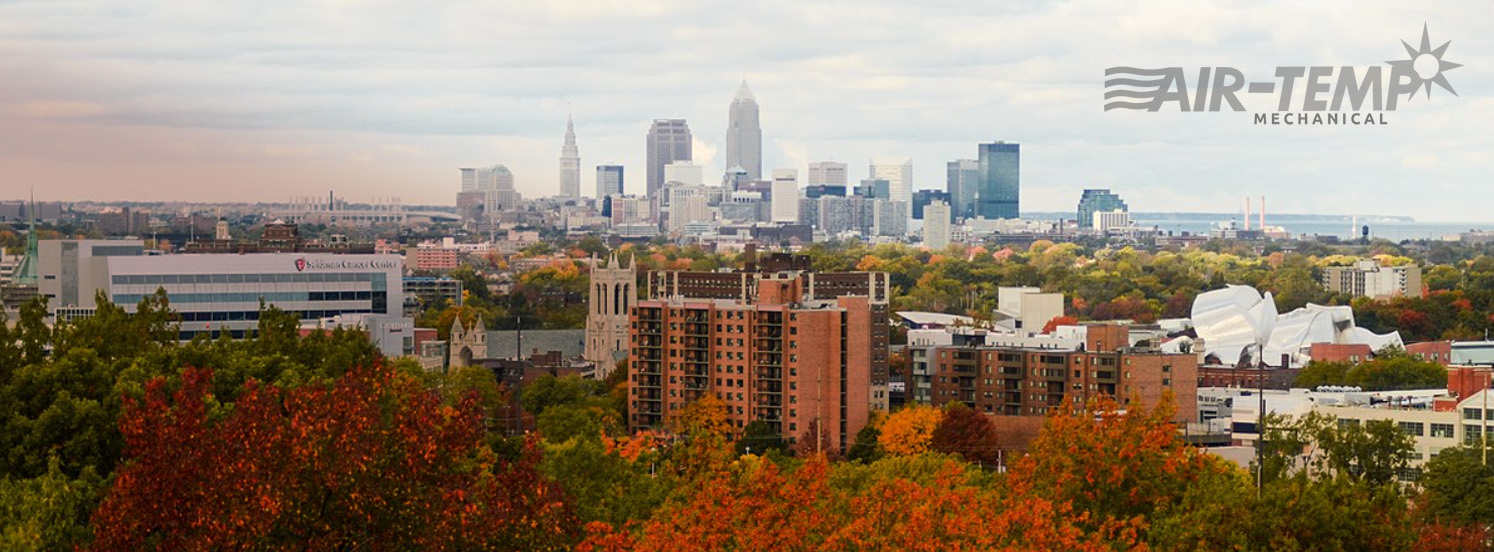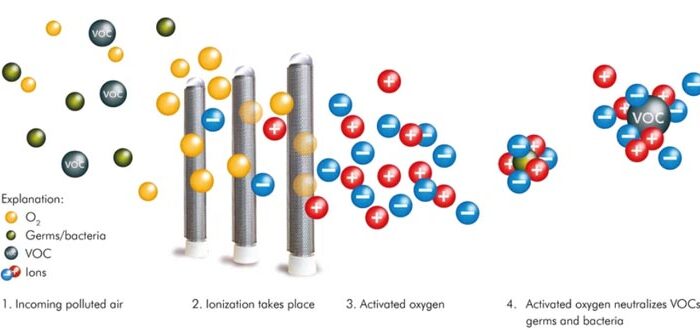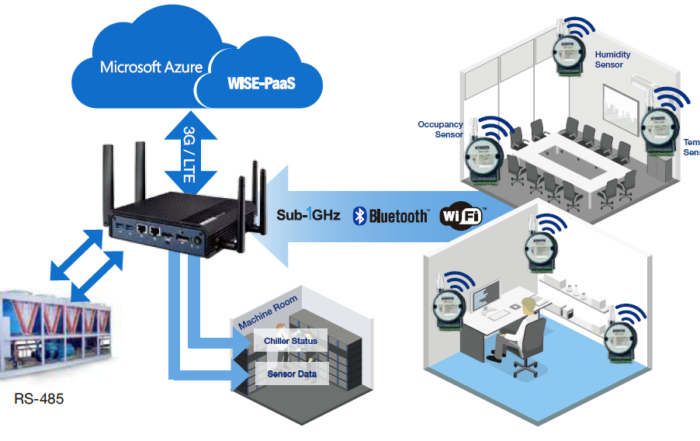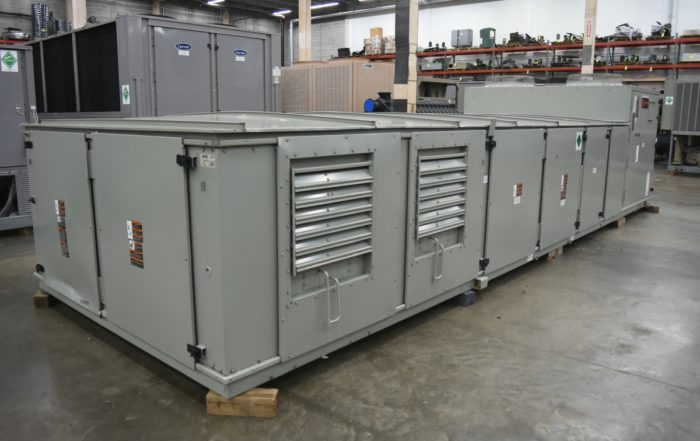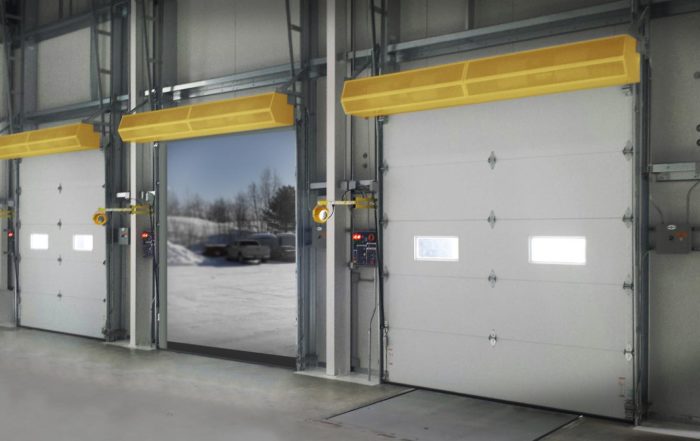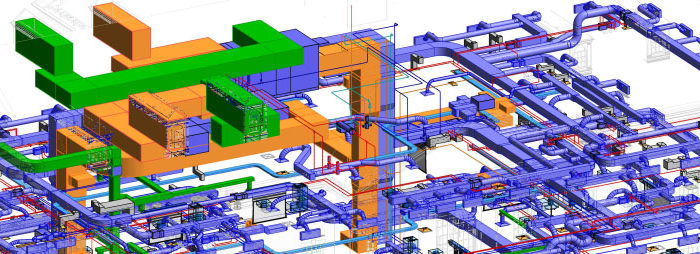Evolving Trends: Notable Changes in the Commercial HVAC Industry in the United States Since 2000
The commercial HVAC industry in the United States has witnessed a series of transformative changes since the turn of the millennium. These developments have not only elevated the efficiency and sustainability of heating, ventilation, and air conditioning systems but have also contributed to healthier indoor environments. In this comprehensive overview, we’ll delve into the most significant shifts in the industry over the past two decades.
1. Emergence of Energy Efficiency Standards
- The U.S. Department of Energy (DOE) has played a pivotal role in driving energy efficiency in HVAC systems, introducing increasingly stringent standards over the years1.
- These standards have led to the development of high-efficiency units that consume significantly less energy compared to older models, resulting in substantial cost savings for building owners2.
2. Integration of Smart Technology
- Building Automation Systems (BAS) and advanced controls have become integral to modern HVAC systems, enabling precise monitoring and control of temperature, humidity, and air quality3.
- Smart HVAC systems can adapt to occupancy patterns and weather conditions, optimizing energy usage and enhancing occupant comfort and satisfaction4.
3. Focus on Indoor Air Quality (IAQ)
- Recent events, such as the COVID-19 pandemic, have amplified the importance of indoor air quality (IAQ) in commercial buildings5.
- HVAC systems are now designed with features like advanced […]
Maximizing Efficiency and Reliability
The Benefits of Commercial HVAC and Refrigeration Contractor Maintenance Programs
In the world of commercial operations, the smooth functioning of HVAC and refrigeration systems is paramount. These systems are the backbone of any business, ensuring a comfortable environment for employees and preserving perishable goods. However, the question arises: Is it wiser to call a contractor only when something breaks, or to have them on retainer for regular maintenance? In this blog post, we’ll delve into the advantages of having a commercial HVAC and refrigeration contractor on retainer, focusing on how maintenance programs can save time, money, and stress in the long run.
- Proactive Problem Solving
One of the primary benefits of a maintenance program is the proactive approach to system health. Rather than waiting for a costly breakdown, contractors can perform routine inspections, identify potential issues, and address them before they escalate. This not only prevents unexpected downtime but also helps in maintaining optimal system efficiency.
- Cost Savings
Regular maintenance is an investment in the longevity and efficiency of your HVAC and refrigeration systems. It’s a well-known fact that minor issues, when left unattended, can escalate into major, expensive repairs. With a maintenance program in place, you’re essentially performing preventive care, which can significantly reduce the […]
Fall Maintenance Checklist for Commercial HVAC Systems in Ohio
As the leaves change colors and the temperatures drop in Ohio, it’s time to shift your focus to ensuring your commercial HVAC (Heating, Ventilation, and Air Conditioning) system is ready for the impending colder months. Proper fall maintenance is essential to keep your HVAC system running efficiently, reduce energy costs, and prevent costly breakdowns during the winter. In this blog post, we’ll provide you with a comprehensive fall maintenance checklist to help prepare your commercial HVAC system for the Ohio autumn and winter seasons.
- Inspect and Replace Air FiltersStart your fall maintenance routine by inspecting and replacing the air filters in your HVAC system. Clogged or dirty filters restrict airflow and force your system to work harder, leading to increased energy consumption and potential damage.
- Check the ThermostatVerify that your thermostat is functioning correctly and calibrated to maintain comfortable indoor temperatures. Consider upgrading to a programmable or smart thermostat to optimize energy usage.
- Clean the DuctworkOver time, dust, debris, and allergens can accumulate in your ductwork, affecting indoor air quality and system efficiency. Arrange for professional duct cleaning to ensure clean, unobstructed airflow.
- Inspect Electrical Connections and ControlsHave a licensed technician inspect all electrical connections, controls, and wiring for signs of wear or damage. Faulty […]
Clean Air Innovations in the Age of COVID-19
As society grapples with a variety of issues to control the spread of pathogens, breakthroughs in HVAC will be key for indoor gathering spaces. HVAC has never been more prominent in the arena of public [...]
New HVACR Refrigerant Alternatives Demonstrate Low GWP
Successful research and development of lower Global Warming Potential (GWP) options are transforming the HVACR industry. As the Environmental Protection Agency (EPA) continues refining the standards and regulations of emissions produced by commercial and residential [...]
The Future Role of Artificial Intelligence in HVACR
Forthcoming technological advancements in artificial intelligence (AI) could positively impact the field of HVACR. AI is being utilized throughout various industries (ex: defense, medicine, technology) for early identification of problems, leading to improved response times [...]
Weighing the Benefits: Boilers, Rooftop Units, and VRF Heating Systems
Discover a range of heating options beneficial to your commercial facility. Building managers and owners require space heating that’s cost-effective, dependable, and energy efficient. Fortunately, heating systems are available in a wide variety of options [...]
Reducing Operational Costs with Todays HVAC Technology
The data has been building on energy efficiency — and those that got in early are really feeling the financial benefits of lower operational cost. Across all industry’s the demand for making the switch is [...]
Building Information Modeling
The design and architect network has been depending on BIM for a decent time, however BIM characteristically gives a greater result as it gets utilized all the more broadly inside the task group. So [...]

